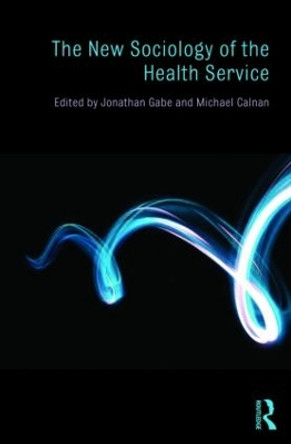Description
What is the role of sociological theory in the information age? What kinds of theories are best suited to analyzing the social uses of digital technologies, and for using digital technologies in new ways to study the social? This book contributes to several ongoing conversations on how the social sciences can best adapt to contemporary information technologies and information societies. Focusing on practical or 'usable theory,' it surveys the challenges and opportunities of conducting social science in the information age, as well as the theoretical solutions that sociologists have developed and applied over the last two decades. With specific attention to three theoretical approaches in digital social research-critical theory, forensic theory and Bourdieusian theory-the author provides an overview of the history and main tenets of each, surveys its use in sociological research, and evaluates its successes and limitations. Taking a long-term view of theoretical development in evaluating schools of thought and considering their productivity in analyzing and using contemporary digital communication technologies, this book thus treats theory as a tool for empirical research and the development of theory as inseparable from research practice. As such, it will appeal to scholars of sociology and social theory with interests in research methods, the development of theory and digital technologies.
About the Author
Gabe Ignatow is Professor and Graduate Director in the Department of Sociology at the University of North Texas, USA. His research interests are in the areas of sociological theory, digital research methods, philosophy of social science and cognitive social science.
Book Information
ISBN 9780367263478
Author Gabe Ignatow
Format Paperback
Page Count 120
Imprint Routledge
Publisher Taylor & Francis Ltd
Weight(grams) 453g








